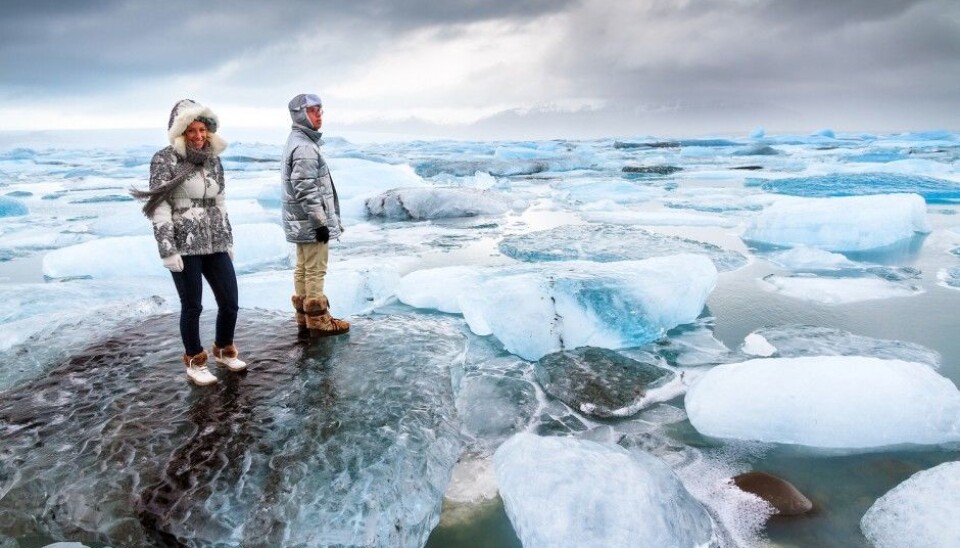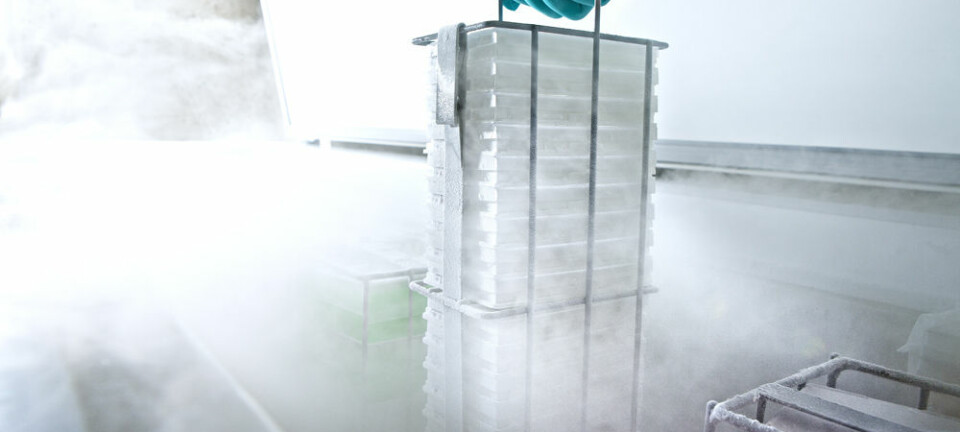
Genes for cold climates linked to cancer?
Norwegians and their Nordic neighbours take the high road in statistics for certain types of cancer. So do people in other cold climates. Is there a connection?
Konstantinos Voskarides of the University of Cyprus thinks so.
It is well known that cancer risks are not evenly dispersed across the world, he points out in Molecular Biology and Evolution.
When countries are compared, Norway does not always do so well. Norwegians top the world in incidences of intestinal cancer, according to the Cancer Registry of Norway.
Norwegians are also more prone to breast cancer and lung cancer than people in many other countries, according to the registry.
A recent study published in Cancer Epidemiology shows, however, that immigrants in Norway do not run as high risks of intestinal and breast cancer as ethnic Norwegians.
Why would that be?
Numerous factors obviously play roles. Environment and lifestyles would have an impact. But genes can also be important. Voskarides thinks it would be wise to pay closer attention to a special category of genes – those that relate to an adaptation to life in a cold climate.
Climate and cancer
Voskarides has used information from the GLOBOCAN project, which charts incidence of cancer worldwide. He has also used data on the genes of disparate genetic populations, including Inuit and people living high in the Andes or in Tibet. Climate data was also factored into his study.
He concludes there are clear links between climates and cancer: People adapted to living in cold climates run higher risks of certain cancer types.
The scientist also thinks the genetic data point to a possible explanation: It seems that the genes which make people better adapted to living in frigid climates also make them more disposed to cancer.
Our ancestors who lived in colder climates and had these gene sequences stood a better a chance of surviving to an age of where they could reproduce, and thus these genes have become more common in populations at high elevations or living closer to the poles, reasons Voskarides.
The disadvantage of these genes raising the chances of cancer generally appear so late in life that this factor has not hampered the handing down of these genes, explains the molecular biologist.
Lower risk in Finland
Whether he is correct or not, the genes for adaptation to a cold climate are unlikely to be the whole story.
Norwegians, for instance, run a much higher risk of colon cancer than Finns, who have a climate that has inspired the sauna and has made ice-hockey a national passion. Scientists have not come up with an explanation for this difference in cancer rates, but lifestyles are thought to be involved somehow.
In any case, Nordic people and others from high latitudes or altitudes seem to have been dealt poorer hands of cancer cards than the worldwide average.
-------------------------------------
Read the Norwegian version of this article at forskning.no.
Translated by: Glenn Ostling
































